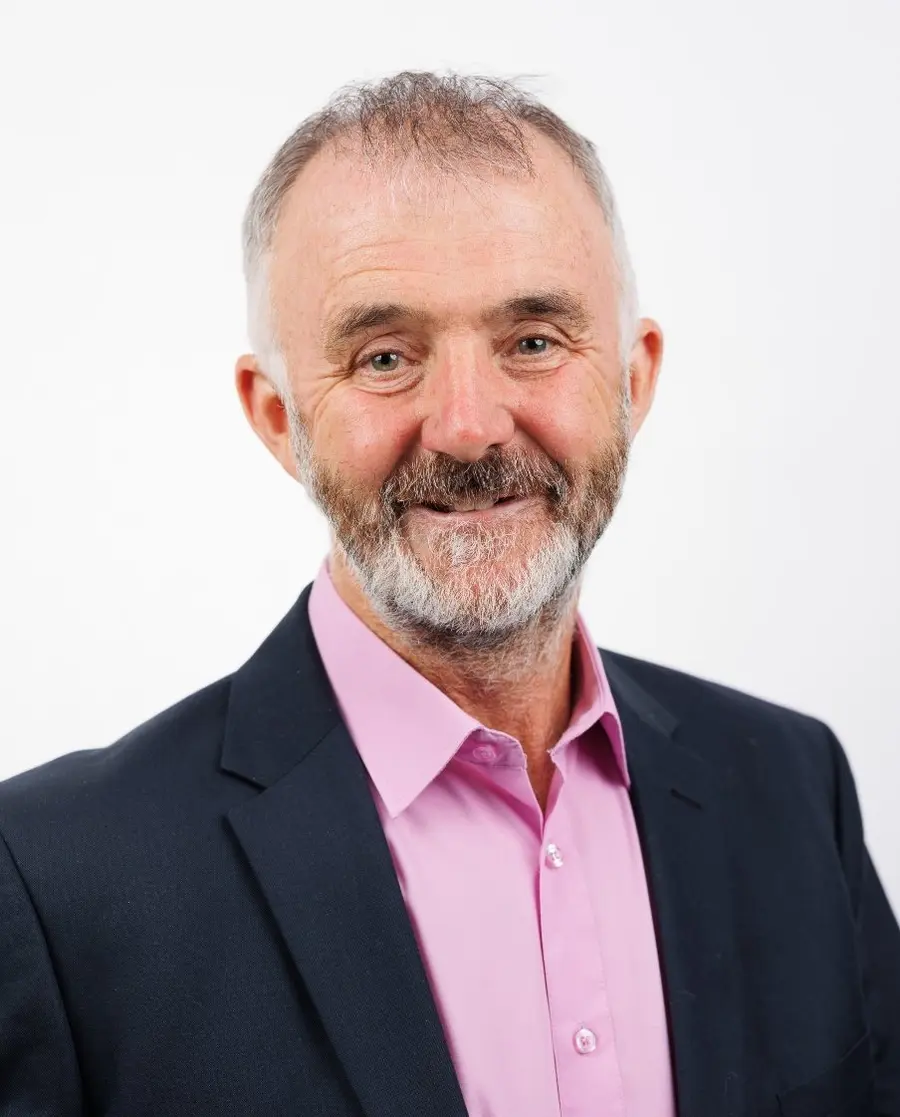Barry Phillips (CEO) BEM founded Legal Island in 1998. Since then, the company has become the leading workplace compliance training company in the island of Ireland. He was awarded a British Empire Medal in the New Year’s Honours List 2020 for services to employment and equality.
Barry is a qualified barrister, coach and meditator and a regular speaker both here and abroad. He also volunteers as mentor to aspiring law students on the Migrant Leaders Programme.
Barry is an author, releasing his latest book titled 'Mastering Small Business Employee Engagement: 30 Quick Wins & HR Hacks from an IIP Platinum Employer' in 2020 along with Legal Island MD Jayne Gallagher.
Barry has worked at the European Parliament, the European Court of Human Rights and the International Labour Organisation in Geneva before qualifying as a lawyer in 1993.
He has travelled extensively and lived in a total of eight different countries considering himself to be a global citizen first, a European second and British/Irish citizen last of all. His guiding mantra in life is “Never react but respond. Get curious not furious.”
Barry is an Ironman and lists Russian language and wild camping as his favourite pastimes.

As the EU released more details this week on how it plans to reduce the impact of the EU AI Act, Barry Phillips asks what we can do about this bended knee approach to the might of the US.
Transcript:
Hello Humans! And welcome to the podcast that aims to summarise a key development on AI relevant to HR each week in five minutes or less.
In this week’s episode, I'm coming to you with a question that might sound provocative, but it's one we need to ask: Will the US succeed in trumping the EU AI Act as well as Diversity and Inclusion?
If you've been following the news, you'll know that the European Union announced this week measures to lessen the impact of the EU AI Act. And the reason? To placate the Trump administration and US tech giants who've been crying foul about "innovation-killing regulation."
Sound familiar? It should. Because we've seen this script before.
Let's rewind to January 2025. Within days of taking office, President Trump signed executive orders dismantling diversity, equity, and inclusion programmes across the federal government—all three million employees of it. DEI offices were shuttered. Training programmes worth millions were cancelled. DEI staff were placed on administrative leave. And perhaps most ominously, the Attorney General was directed to investigate private companies for what the administration deems "illegal DEI practices." Trump even blamed DEI policies as a cause of a plane disaster over the Potomac river in Washington D.C. No evidence was given. None is expected.
The ripple effect has been extraordinary. Companies that had proudly showcased their DEI commitments suddenly found their websites being scrubbed. Employee resource groups questioned their futures. And many in HR in the US at least have been left trying to navigate a landscape where yesterday's best practice is today's legal liability.
Now, let's talk about the EU AI Act. Passed recently after years of negotiation, it was hailed as groundbreaking—the world's first comprehensive AI regulation. It banned certain high-risk uses like social scoring. It imposed strict rules on AI in hiring, education, and loan decisions. It required transparency from the big AI companies about how their models work and what risks they might pose.
In short, it did for artificial intelligence what GDPR did for data protection: set a global standard that companies couldn't ignore.
But then came the pressure. Vice President JD Vance, at a Paris AI summit, warned Europe that "tightening the screws on US tech companies" would be a terrible mistake. The Trump administration made its position clear: regulation stifles innovation. In the global AI race with China, America needs to move fast and break things—preferably European regulations.
And what do you know? European lawmakers who helped craft the AI Act are now sounding the alarm. They've written to the European Commission warning that the latest code of practice turns mandatory obligations into "entirely voluntary" measures.
And here's the uncomfortable truth for us in HR: Europe is blinking. The EU, which positioned itself as the conscience of the tech world, appears to be softening its stance to avoid antagonizing Washington and Silicon Valley.
The question for us in HR is: what do we do about it? Do we simply comply with the new reality, scrubbing our language and hoping for the best? Or do we find ways to continue pursuing fairness and equity, just under different names and through different mechanisms?
Because here's the thing about both AI and diversity: the challenges they're meant to address don't disappear just because the political winds shift. Algorithmic bias doesn't cease to exist because we stop testing for it. Workplace discrimination doesn't vanish because we stop measuring it.
The only thing that changes is whether we're paying attention.
So pay attention. Because if 2025 has taught us anything, it's that the only thing moving faster than artificial intelligence is the speed at which hard-won protections can be dismantled.
Until next week bye for now.





